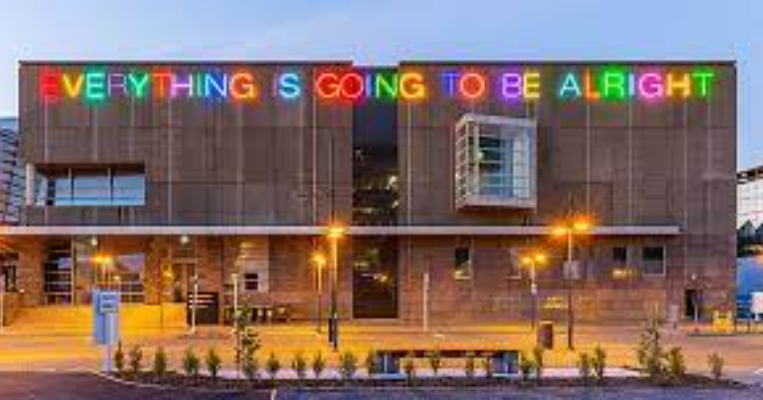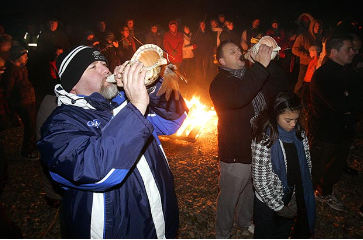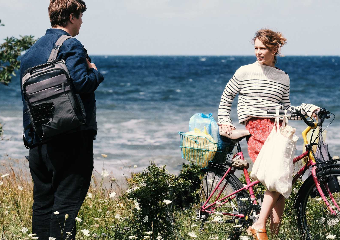The Ōtautahi Christchurch Art Gallery Te Puna o Waiwhetū. The largest art institution in the South Island and home to one of New Zealand’s most important public art collections. Located in the heart of the city’s Cultural Precinct.
Christchurch Art Gallery Te Puna o Waiwhetū


ACCESSIBILITY
General
The Gallery has wheelchair access and accessible toilets. Two wheelchairs available for visitors to borrow. A lift takes you to the upstairs galleries and down to the underground car park. The auditorium has wheelchair seating.
Transport
A pleasant ten minute stroll from the central bus interchange. Bus 17 crosses Montreal Street one block south of the Gallery, approximately a two-minute walk from the Gallery. The Gallery is situated on the corner of Worcester Boulevard and Montreal Street, easy walking distance from the central bus interchange and central city attractions. Bike racks are available on the Gallery forecourt. The tram stops right outside the Gallery.
More experiences like this

Matariki 2025
Matariki is a time where people, whānau, and communities gather together to remember the year that has passed, to celebrate the present, and to plan for the next year. It is a time to remember our loved ones who are no longer with us, to feast and celebrate with our relatives and friends, and to look towards the future and the hope of a season full of bounty.

Whānau Mārama: New Zealand International Film Festival 2026
Whānau Mārama: New Zealand International Film Festival will be returning to cinemas this winter! NZIFF will screen in four cities in eight venues across Aotearoa.
